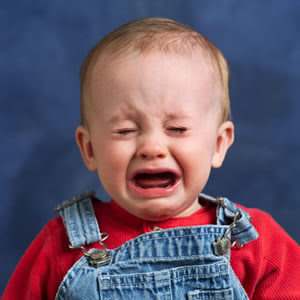Bullfighting has some level of popularity in Southern France but not in the northern regions. As far as I know, there is no bullfighting in Northern Spain or Central and Northern Portugal.
Basque Country
In Euskadi, there are 16 active arenas among which that of Vista Alegre in Bilbao and San Sebastian Illumbe in both first, and those in Vitoria, Eibar and Tolosa, second category. Are held annually between 30 and 40 celebrations. In particular, last season took place 48. In May, he raised with the lehendakari ban the party but it was outright saying "cheers, interest and tradition" behind the world of bullfighting in Euskadi.
As in neighboring Navarra in Bilbao was traditional that the groups would reach the bullring brass bands and contribute to the merriment of the festivities of Semana Grande. The tradition continues in Vitoria where paseillo blouses make up the bullring during the festival of the Virgen Blanca, reports David Miranda.
Asturias
Bullfights in the Plaza de Gijón, second category, awarded annually to 38,800 spectators. Meanwhile, in Oviedo, also second, coalesce to just over 10,000.
Aragon
The Aragonese enjoy in their provincial capitals in a square-class-Zaragoza-and two second-Teruel and Huesca. Over 82,000 spectators attend each year to the Plaza Zaragoza, known as 'The Mercy'. Meanwhile, Teruel and Huesca not exceed 20,000. In total, 77 Aragon celebrations held each year on their wheels.
Galicia
In Galicia Pontevedra can only celebrate bullfights in a square in the second category. With some 25 clubs and over 500 members, there are a social tradition about bullfighting and the San Roque bullring was opened in 1892 and will accommodate up to 7,800 locations, "which for years has been a stalwart José Tomás Victorino and livestock, reports Lara Varela. In total, 29,868 spectators attended the Festival. In La Coruna, which has a multipurpose room in 1991 with capacity for 8,000 spectators, was held an average of 6.5 runs per year, Lugo, one, and in Orense 1.13.
Cantabria
Santander has a bullring in the second category with a history dating back to the late nineteenth century. In 2007 was nearly full of 'no entry' for all celebrations. He wrestled 46 cows, with an average of 10,548 viewers per run. 93.3% of their villages were occupied on each evening of celebration. In total, over 10,548 people a year passed by their lines and steps.
But Santander is not the only tasks that can be seen in Cantabria. That same year there were 21 runs in all its territory (approximately 126 cows).
Castilla y León
The most important bullfights are the University of Salamanca in September, the bulls in the town of Segovia Cuellar, cutting contests, the controversial tradition of the Toro de la Vega Tordesillas (Valladolid) and the Carnaval del Toro City Rodrigo.
Apart from the party itself, Salamanca concentrated 178 of the 241 farms that exist in the Community, which represents one-fifth of those in Spain. The future of the bull and the ecosystem of the rangelands depends largely on the continuity of the party. In Castilla y León, where each year there are more than 2,500 bullfights, nearly 400,000 hectares of pasture dedicated







